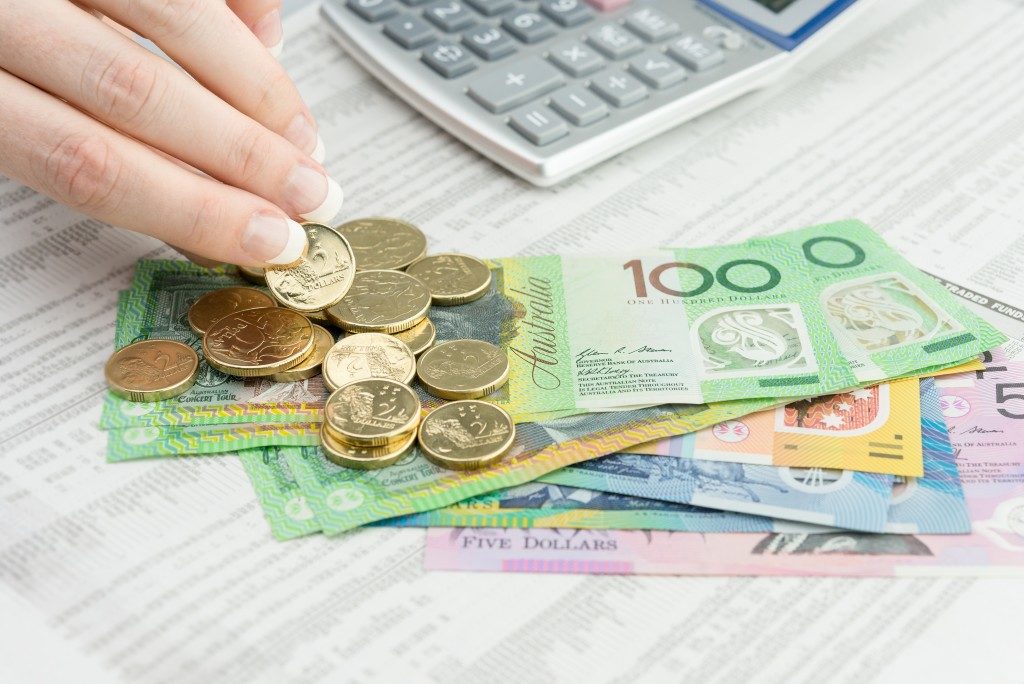Life changes once you hit your 30s. More responsibilities pick up, and achieving financial freedom has never been more important.
According to research in 2018 by Young Adult Financial Literacy, millennials have big financial goals but lack the drive and concrete plans to achieve them. The last few years of your 20s are the perfect time to understand, manage, and plan your finances. After years of being in the workforce, you have navigated the corporate ladder and started to earn more. Before hitting your 30s, what are your financial goals, and how will you reach them? To be in control of your money, it pays to be savvy about personal financial management, and work out the best way to achieve your goals, whether they include being able to buy a home or finally paying off your student debt. No more wasting almost half of your paycheck on after-work drinks and impulsive shopping sprees. The latter part of your 20s should be the time to start seriously tracking your expenses, growing your net worth, and securing your future.
Here are three financial goals to aim for before you hit your 30s.
Start a retirement plan
In your late 20s and early 30s, retirement can feel so far away. Granted, it can feel like a distant dream right now, but this is the time to start saving to make sure that you are financially secure the moment you want to stop working. The amount saved for retirement depends on the type of lifestyle you want to lead and what age you want to retire. Online retirement calculators can help you gauge how much you need to continue to live comfortably. For more detailed guidance, seek the help of a professional retirement advisor who can assess your current and forecasted income and develop a pension plan that suits your needs and expectations.

Build a sufficient emergency fund
While a pension plan is to secure your retirement, your emergency fund is for unforeseen situations that can happen at anytime, such as unemployment, unexpected travel costs or home repairs. While funding your life savings is important, building an emergency fund should also be a priority. Without it, you will have to spend your savings or pay for a loan. Ideally, an emergency fund should amount to 3-6 months of your current salary and be easily accessible.
Start an investment
To be able to grow your money, consider other ways to earn aside from your full-time job. Investing your money is the smartest way to generate passive income. As early as your 20s, educate yourself about investing and start building a portfolio once you understand the basics. While investing may seem scary, various financial schemes exist to minimise risk. For example, different mutual funds are available depending on how aggressively you want to maximise returns, or if you want to put money into environmentally friendly companies. The earlier you start, the more aggressive you can afford to be.
Hitting your 30s is a big deal, and no one wants to live paycheck to paycheck at that age. To be able to build a better life and safeguard your future, smart financial planning with hard work and dedication will help you become financially freer.



